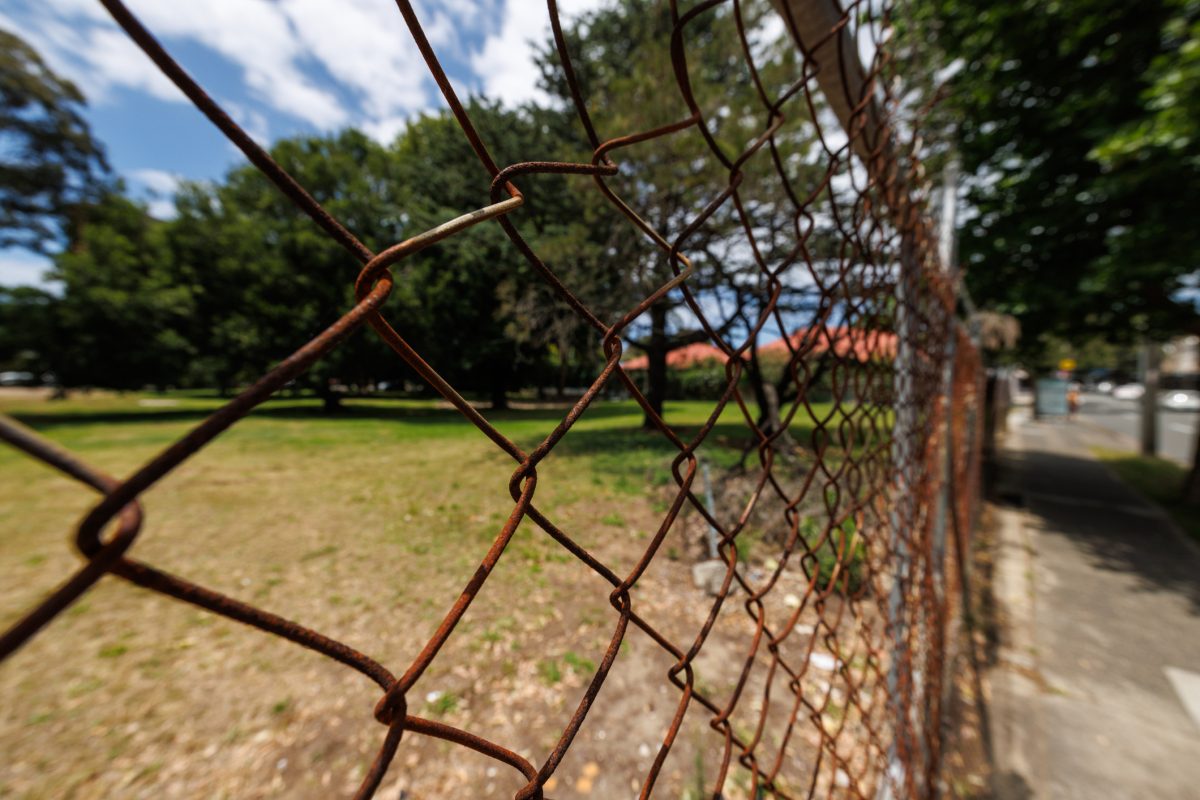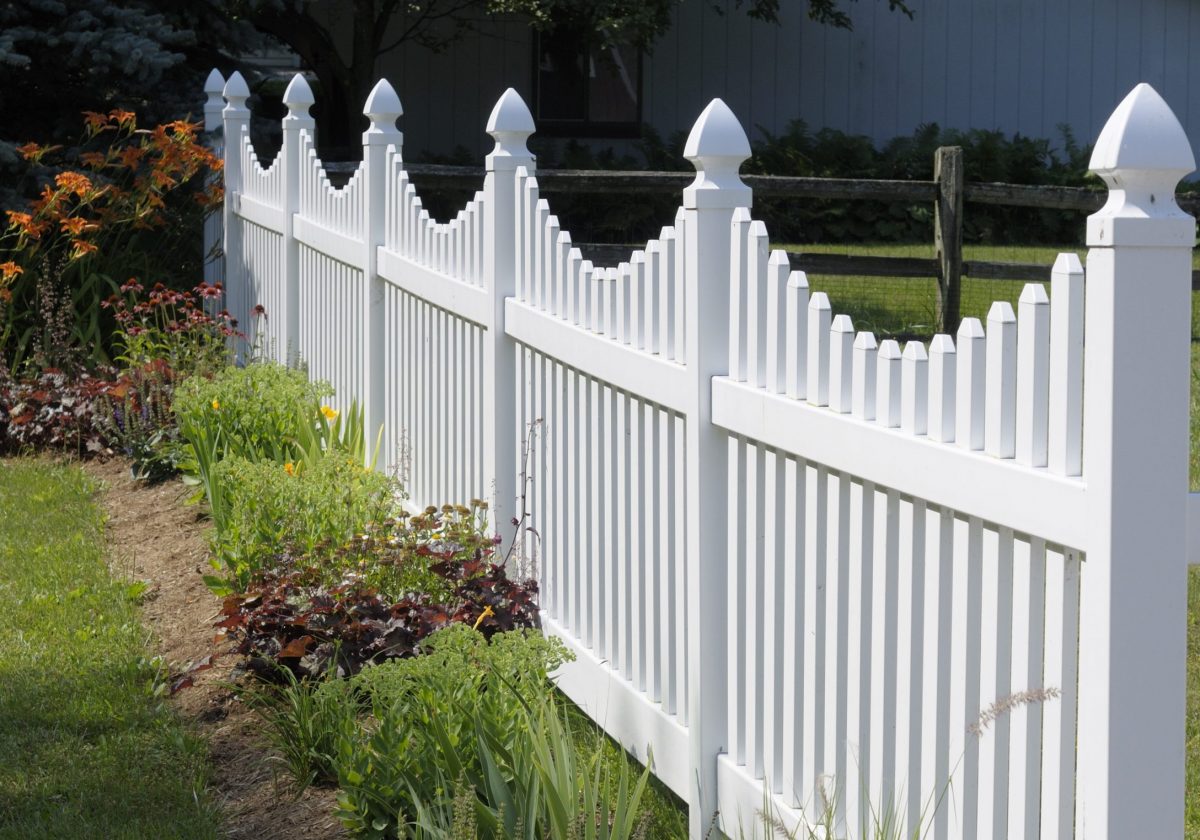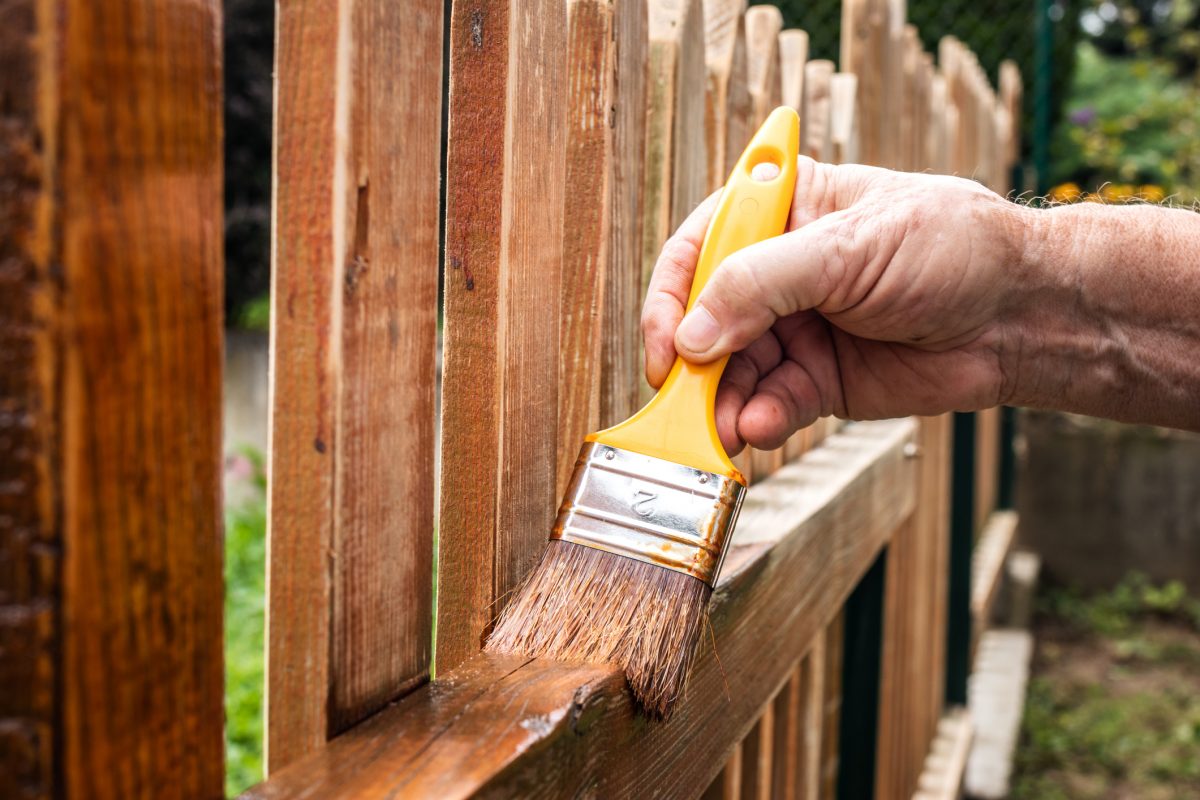Installing security fencing can provide an extra layer of security to your property, but before you do, so it’s important to know whether or not planning permission is necessary. In most cases, security fencing will likely require planning permission. This is because it usually alters the appearance of a building or property in a way that requires permission by law.
What Makes Security Fencing Different from a Normal Fence?
Security fencing is typically higher than a normal fence and often made from strong, security-grade materials. The security fences are also often designed to look more intimidating in order to deter any intruders. Security fences are often easy to see through to prevent hiding places for intruders, and they are also hard to climb over and installed at a height of at least eight feet tall.
They are also built with few horizontal rails and have spiked or pointed tops to deter intruders from trying to climb over them. Additionally, we can install fencing for security into the ground using concrete, so it can’t be accessed by going underneath it. It is also made from material that is difficult to cut through and includes secure gates that are harder to access and can be padlocked.
Learn more about what makes a good security fence!
Why You Made Need a Permit for Your Security Fence
Security fencing is different from a normal fence and changes the appearance of your property more drastically. For this reason, it may require planning permission depending on the size, location, and type of security fence you are installing.
It’s important to check in with your local council to see if you need a permit for security fencing. They will be able to tell you what types of security fencing require permission and any other specific requirements in your area.
It’s important to always get the necessary permissions before installing security fencing, as failure to do so could result in fines or having to take down the security fence altogether. In Carnegie, no fence, wall, screen, tree, shrub, or other plantings are authorized if they block a clear view or vision of vehicular traffic.
In Pittsburgh, you need to have zoning approval for a fence that is less than six feet in height and you will require a building permit for any fence that is over six and a half feet tall, such as a security fence.
Read more about the standard height of a security fence!
Security Fencing Installation in Pittsburgh
At Pittsburgh Fence Company, we can install a reliable security fence to keep your property safe and sound for years to come. Contact us today to get started!




